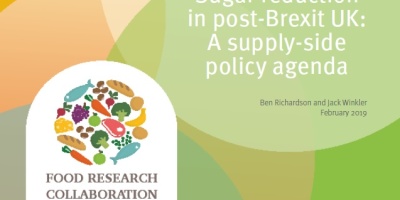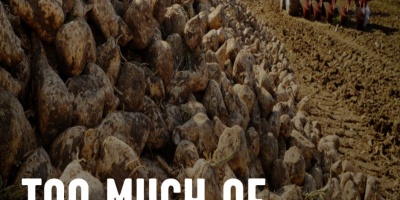Sugar in the form of glucose is the basic source of energy for the cells in our body. According to WHO adults should keep intakes of refined sugar to no more than 25 grams (6 teaspoons) daily, but in countries such as Mexico, Brazil and Russia and many EU countries, the per capita average exceeds 100 grams daily while for China it is around 30 grams. High sugar consumption has been linked to obesity, diabetes 2, cardiovascular disease, dementia, macular degeneration, and tooth decay. As a result, some countries are now imposing a sugar tax in attempts to reduce consumption. Sugary foods typically have a low carbon footprint. Sugarcane, however, which is cultivated both for food and biofuel, occupies large land areas, has cleared valuable ecosystems around the tropics, is water intensive and often requires high pesticide use. Pollution runoff from processing plants is another associated problem. Investigations into the sugarcane industry regularly cite problems with working conditions (child-labor, poor salaries and poor labour standards).


























